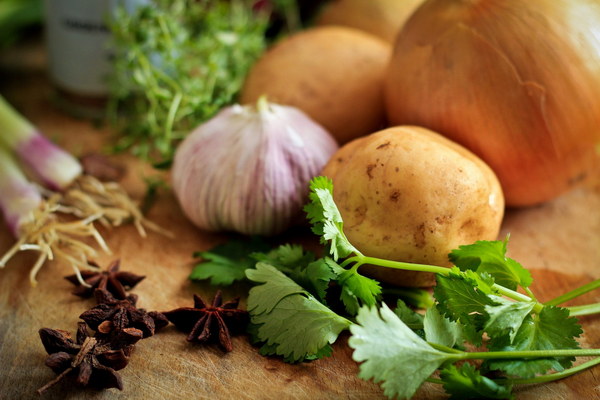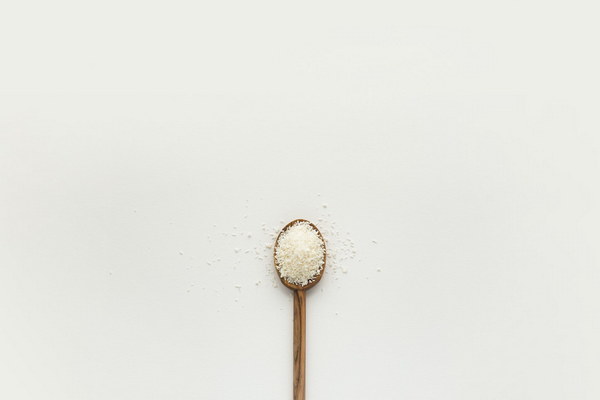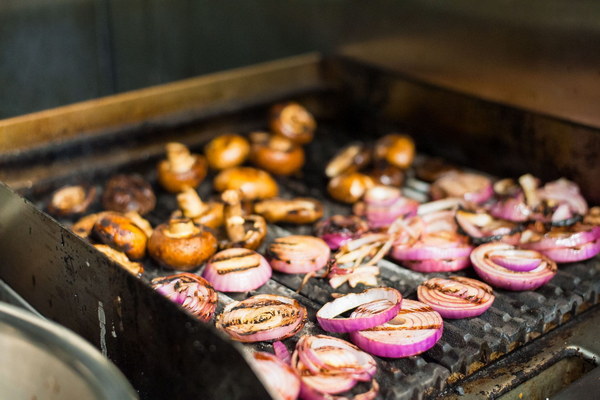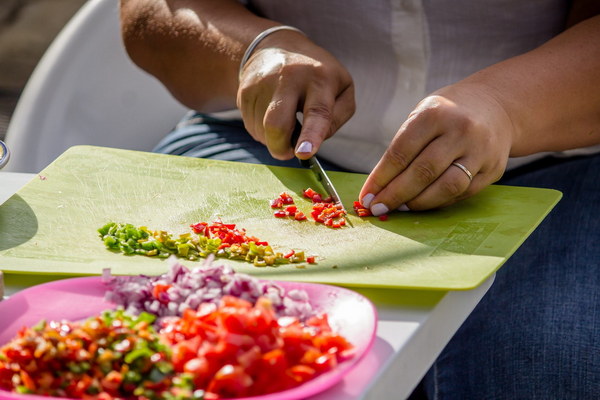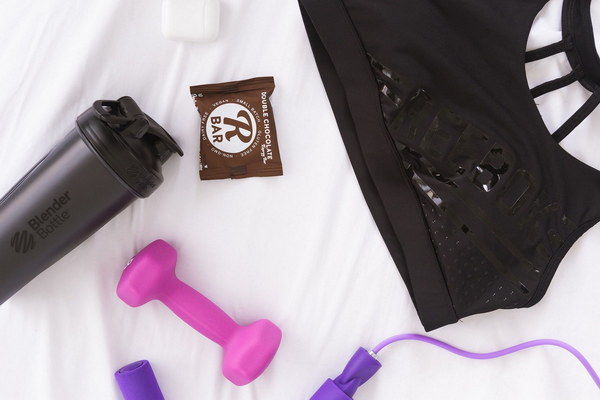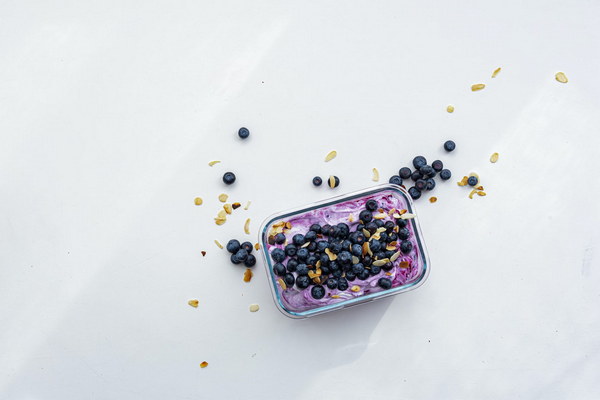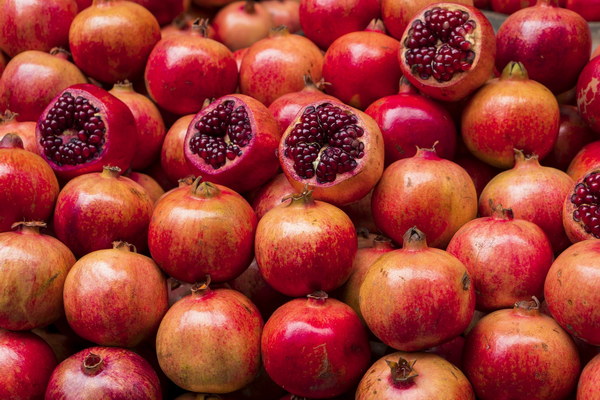Postpartum Skin Peeling How to Nourish Your Body for a Swift Recovery
Postpartum skin peeling is a common concern among new mothers. It's a natural process that occurs due to the changes in the skin's texture and hydration levels during pregnancy and childbirth. While it's nothing to worry about, it can be uncomfortable and unsightly. In this article, we'll explore the causes of postpartum skin peeling and provide you with practical tips on how to nourish your body for a swift recovery.
Understanding Postpartum Skin Peeling
Postpartum skin peeling is often caused by the following factors:
1. Increased Blood Vessel Expansion: During pregnancy, blood vessels in the skin expand to accommodate the growing fetus. After childbirth, these vessels may not contract as quickly, leading to a reduction in blood flow and, subsequently, skin peeling.
2. Fluctuations in Hormones: Pregnancy hormones can affect the skin's hydration and oil production, causing dryness and peeling.
3. Dryness and Lack of Moisture: The skin tends to become drier during pregnancy and after childbirth due to hormonal changes and the body's focus on nurturing the baby.
4. Scratching or Picking: It's natural to scratch or pick at the dry, flaky skin, but this can worsen the condition and lead to infection.
Nourishing Your Body for a Swift Recovery
To help your skin recover from postpartum peeling, follow these essential steps:
1. Stay Hydrated: Drink plenty of water throughout the day. Hydration is crucial for maintaining skin elasticity and reducing flaking.
2. Use Gentle Skincare Products: Opt for gentle, fragrance-free soaps and lotions that won't irritate your sensitive skin. Look for products containing ingredients like aloe vera, shea butter, and vitamin E, which are known for their soothing properties.
3. Moisturize Regularly: Apply a thick, nourishing moisturizer to your skin immediately after a bath or shower while your skin is still slightly damp. This helps lock in moisture.
4. Exfoliate Gently: Use a soft washcloth or a gentle exfoliating brush to remove dead skin cells. Be gentle to avoid damaging your skin further.
5. Avoid Hot Water: Hot water can strip the skin of its natural oils, exacerbating dryness and peeling. Stick to warm water when bathing.
6. Protect Your Skin: Use a broad-spectrum sunscreen with an SPF of at least 30 to protect your skin from harmful UV rays.
7. Eat a Balanced Diet: Your skin reflects the health of your body. Incorporate a variety of fruits, vegetables, whole grains, lean proteins, and healthy fats into your diet to support skin health.
8. Get Adequate Rest: Rest is essential for your overall recovery, including the health of your skin. Aim for 7-9 hours of sleep each night.
9. Seek Professional Help if Necessary: If your skin peeling is severe or accompanied by pain, redness, or swelling, consult with a dermatologist or healthcare provider.
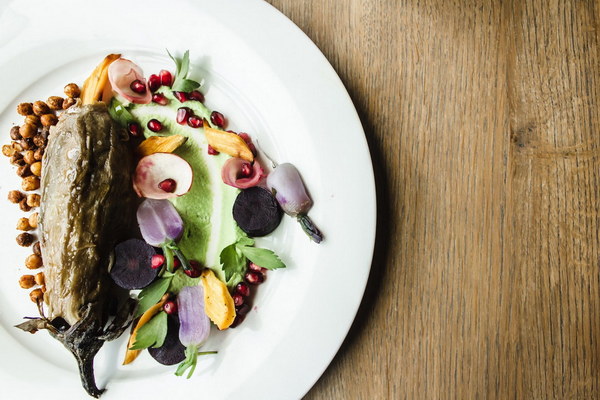
Conclusion
Postpartum skin peeling is a temporary condition that can be managed with proper care. By following these tips, you can nourish your body and help your skin recover more quickly. Remember, patience is key, and it may take several weeks for your skin to fully heal. Take care of yourself and your baby, and don't hesitate to seek medical advice if needed.
